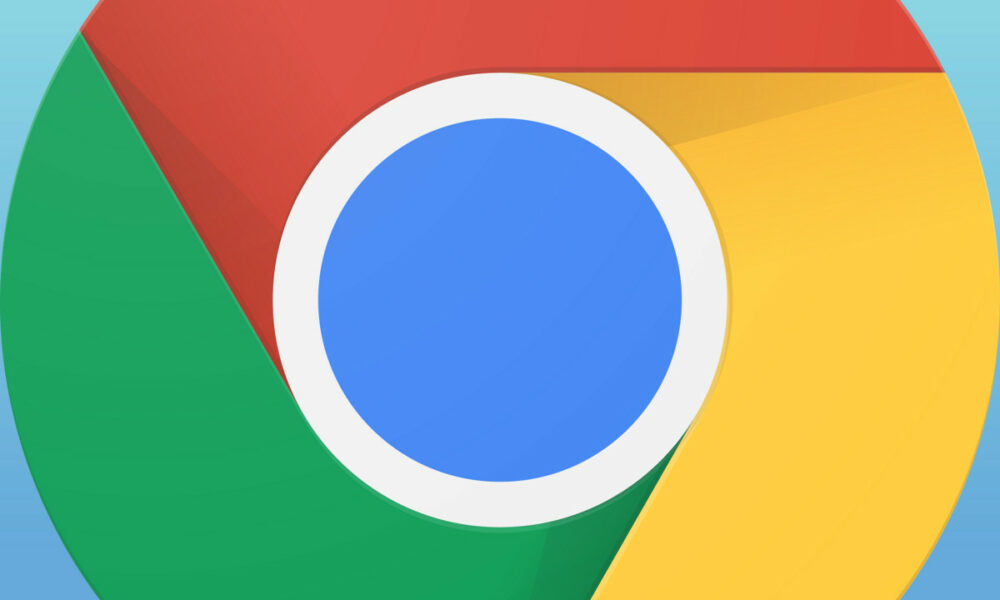
The chronicle of a death foretold is coming to an end. When we started talking about it, back in 2018, years would still have to pass, but from that moment we were aware of what was to come, and a few months later we confirmed it. No date, because these types of changes are like palace things, but with the certainty that ad blockers for almost all Chromium-based browsers, except surprise, had their days numbered.
A lot has happened since then, so much so that if we make a list of the notable events between 2019 and 2022, it is hard to believe that all of that has been concentrated in such a short time, especially the last three years of the list. And yet time, inexorably, has continued to advance (or we have advanced through it, which can also be stated like this), until it brought us to the gates of the last quarter of 2022, the last months in which we can continue to use advertising blockersthe “adblocks”, as many people call them.
Everything comes from the hand of changing the manifest file format of extensions for browsers based on Chromium, that is, the vast majority of employees today. The Manifest V2 version has been used for years, although a new version has been working for years, V3, which was finally fully defined and began to be deployed at the beginning of this year, a period in which Chromium has allowed the use of both versions in the extensions.
However, this coexistence is temporary, and if we review Google’s documentation for the implementation of Manifest V3, we will see that sometime in January 2023 extensions using V2 will no longer be able to be updatedand that with very specific exceptions will stop working in browsers. And those exceptions, related to the corporate environment, will not last too long either, since they will end in June 2023.
The jump from Manifest V2 to Manifest V3 is not a change aimed solely at killing blockers, it actually brings some interesting new features to the manifest file. We find the key in Google will prevent extensions from accessing webRequest, an API that is key in the operation of the extensions. And the problem is that the alternative offered, declarativeNetRequestprevents the extensions from carrying out the filtering task, which now depends exclusively on the browser itself.
To this we must add that Manifest V3 limits the number of rules that can be determined by each extension to 30,000. And yes, 30,000 may seem like a lot at first glance, but it’s actually much lower than the volume of rules used by ad blockers. In this way, the extensions lose control over the filtering process and, additionally, their ability to define rules is limited, which results in them losing a large part of their usefulness.
And why does Google do this? We should not try too hard to reach a fairly logical conclusion: advertising insertions on web pages (both our own and those of third parties) are a key element in their accounts, so ad blockers are a bleeding wound on your bottom line. With this change, we can be clear that the use of a large part of Chromium-based web browsers will begin to be more profitable for the search engine company.
And what alternatives do users have who want to continue using ad blockers? The most obvious option is to make the leap to Mozilla Firefox. It’s been a long time since those responsible made it clear that they were not going to limit the scope of ad blockers, and just over a year ago they confirmed that they would implement Manifest V3, but in a way that would not affect ad blockers. Thus, outside the Chromium ecosystem, it seems the most obvious option.
However, it is not the only option, and what is more, there are conscientious objectors within the Chromium ecosystem who already in 2019 stated that they would adopt Manifest V3, but that they would not implement the changes that affect ad blockers. They are, in particular, Opera, Vivaldi and Brave And, barring any surprises, it will still be possible to circumvent advertising in these browsers thanks to the measures taken by their developers.




